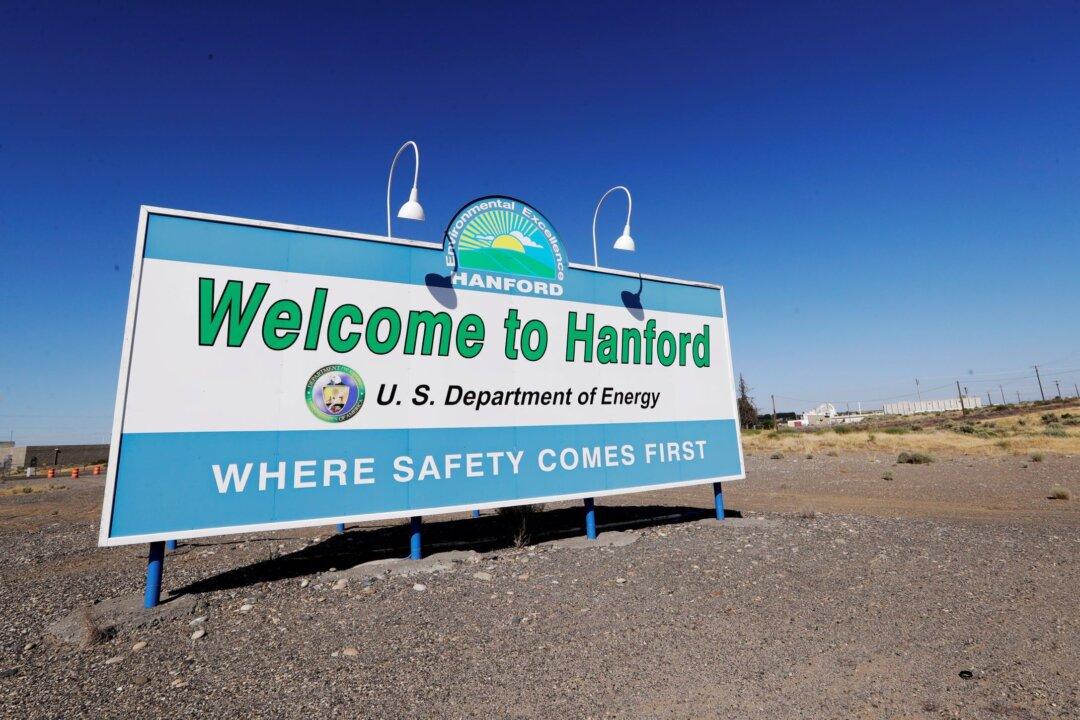The Supreme Court struck down a Washington state law that extended workers’ compensation benefits to employees at a decommissioned federal nuclear production facility where employees suffered exposure to radioactive waste, finding the statute discriminates against the federal government.
The ruling in United States v. Washington, court file 21-404, is a win for the Biden administration, which argued the state law intrudes on federal authority. Washington state had argued the case was moot because a new state law replaced the old one.





